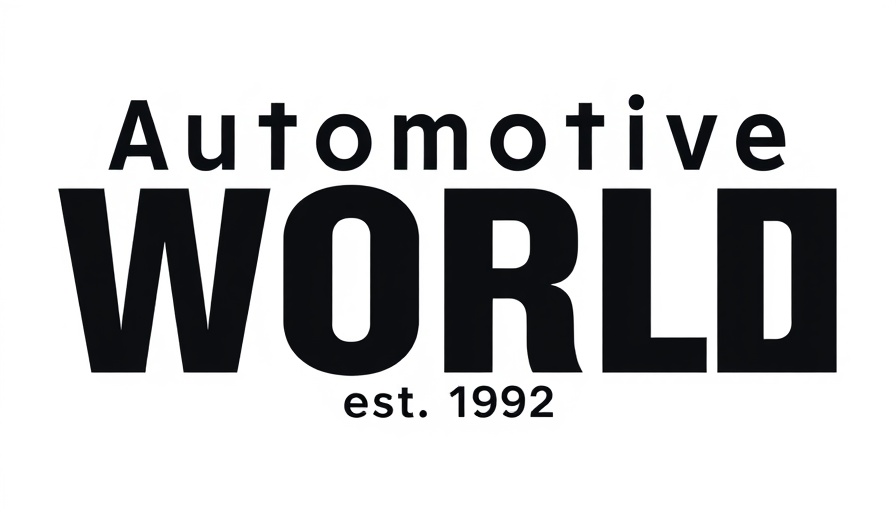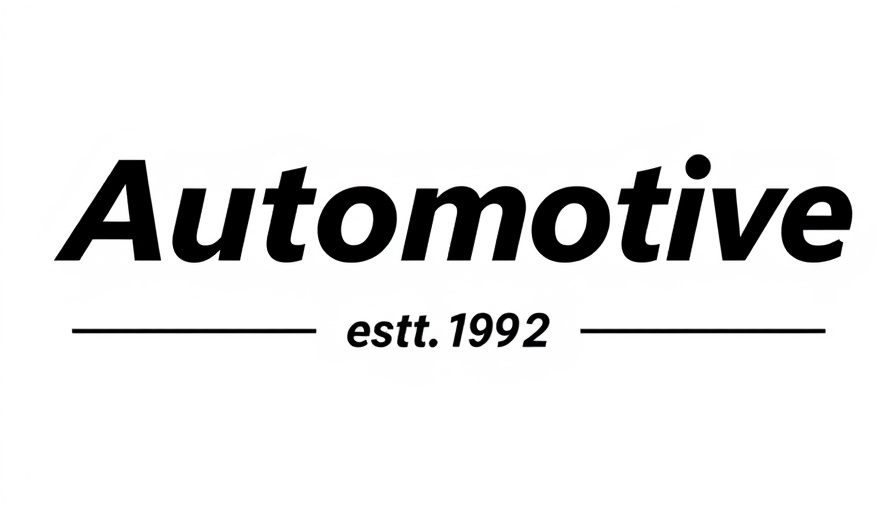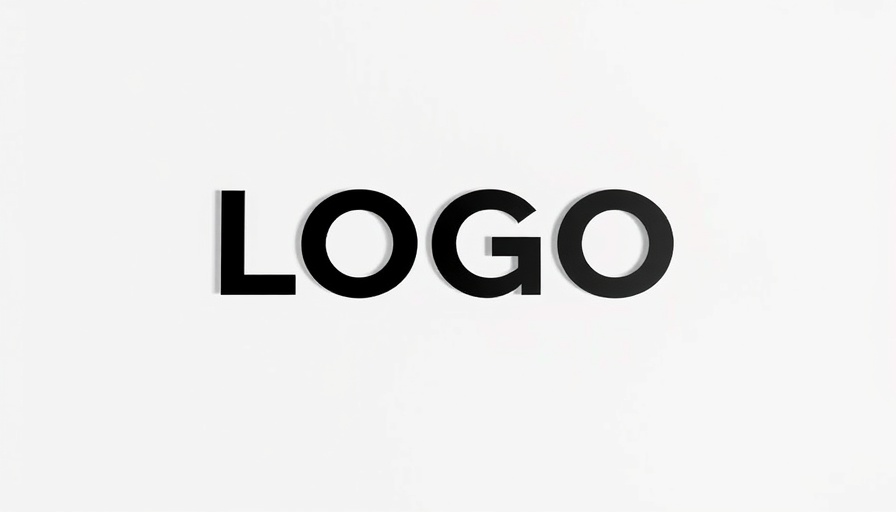
Rising Demand for Automotive Coatings in Asia Pacific
As the automotive sector in the Asia Pacific region continues to boom, companies like BASF are strategically enhancing their production capabilities to meet escalating demands. BASF Coatings’ recent announcement about increasing production capacity at its Caojing plant is a testament to this growing market. With the production of polyester and polyurethane resins now more than doubling from 8,000 to 18,800 metric tons, BASF is positioning itself as a leader in the competitive automotive coatings landscape.
Commitment to Sustainable Practices
Sustainability is a crucial consideration for modern production facilities. BASF’s Caojing plant is powered entirely by renewable energy, aligning with global pushes towards greener manufacturing practices. This commitment not only meets environmental standards but potentially enhances the brand’s image, attracting customers who prioritize sustainability in their purchasing decisions. Operational longevity is also a factor; the plant has celebrated its 10th anniversary this year, becoming an example of innovation and efficiency in the industry.
Impacts of Increased Production Capacity for Dealerships
For dealership owners and GMs, the enhanced capabilities of BASF's Caojing facility signify more than just an increase in resin supply. It spells the potential for improved availability of high-quality materials for vehicle manufacturing, which could directly impact vehicle pricing and availability. This availability of superior coatings aligns with current trends where consumer expectations for both style and durability are at an all-time high. Dealerships can capitalize on these trends, tailoring their inventory and marketing strategies accordingly.
Future Opportunities for Growth
BASF’s plans to expand electrocoat binder production as early as 2026 highlights its long-term vision for growth in the automotive coatings market. This forward-looking strategy not only fortifies BASF’s market position but also opens up numerous opportunities for collaboration with automotive OEMs and component manufacturers across the region. This transitional phase in BASF could encourage dealerships to adapt their training programs in automotive paint and coatings knowledge to better serve customers and highlight the unique benefits of newer materials.
Conclusion: Enhance Your Auto Sales Training
Understanding the nuances of the automotive coatings market could provide dealers a competitive edge. As BASF adapts to the market's growing demands, dealership owners should consider investing in advanced auto sales training that includes knowledge of new materials and production processes. This training will empower sales teams to better engage with informed customers about the benefits of advanced coatings, which can enhance vehicle value.
As the automotive industry evolves, staying ahead through learning and training becomes a critical component for success. Equip your sales force with the latest insights into the coatings market to stand out in a crowded marketplace.
 Add Row
Add Row  Add
Add 

 Add Row
Add Row  Add Element
Add Element 




Write A Comment